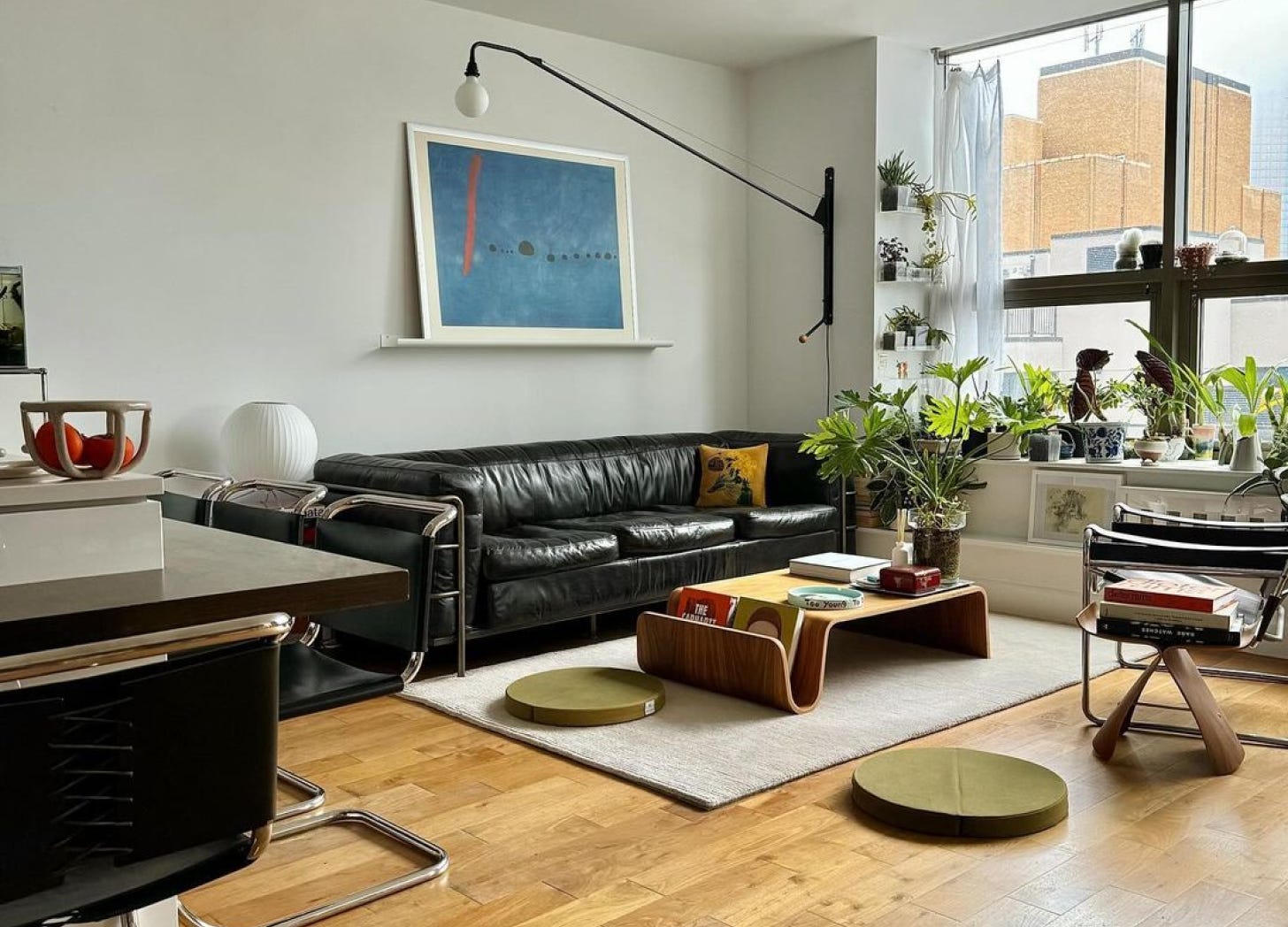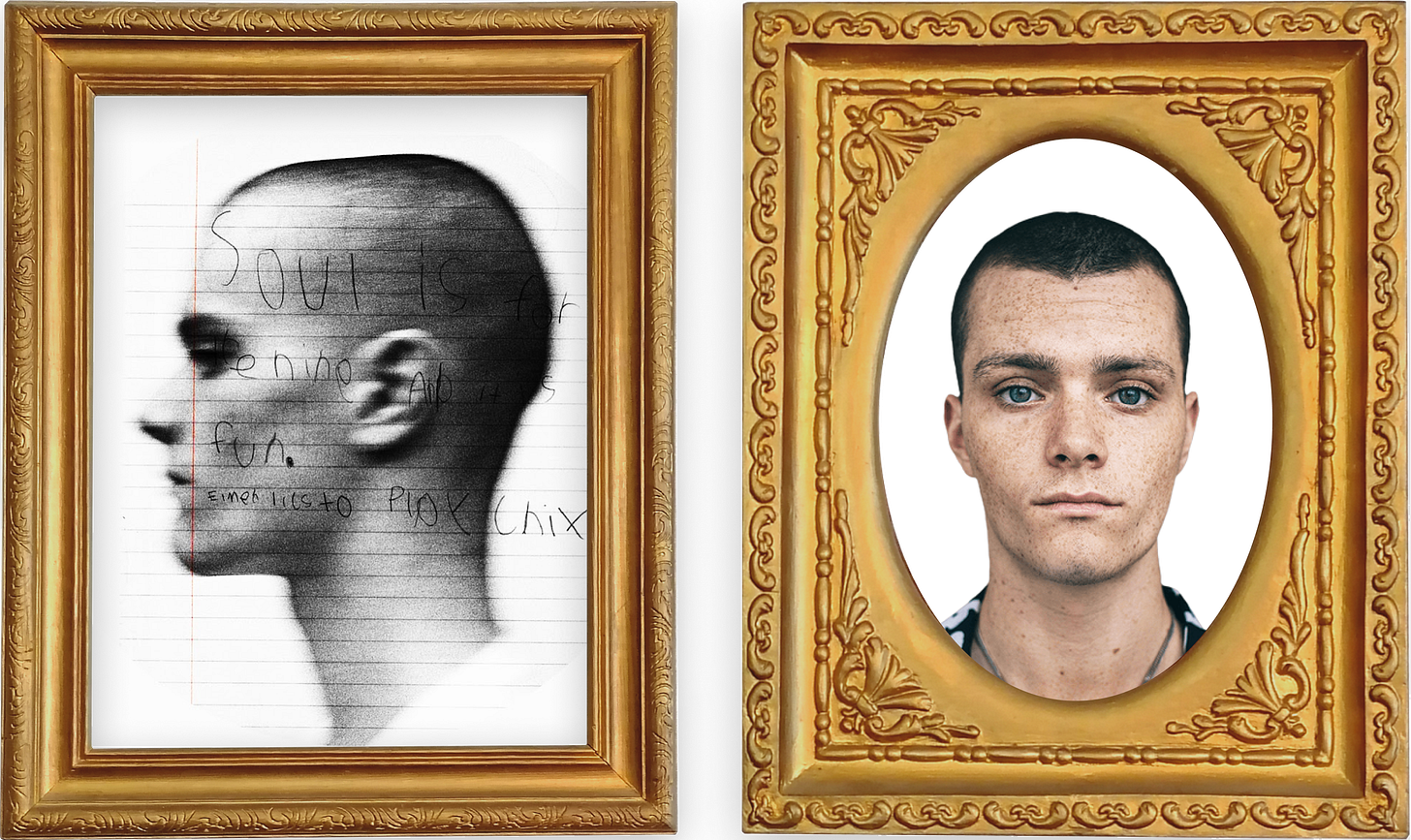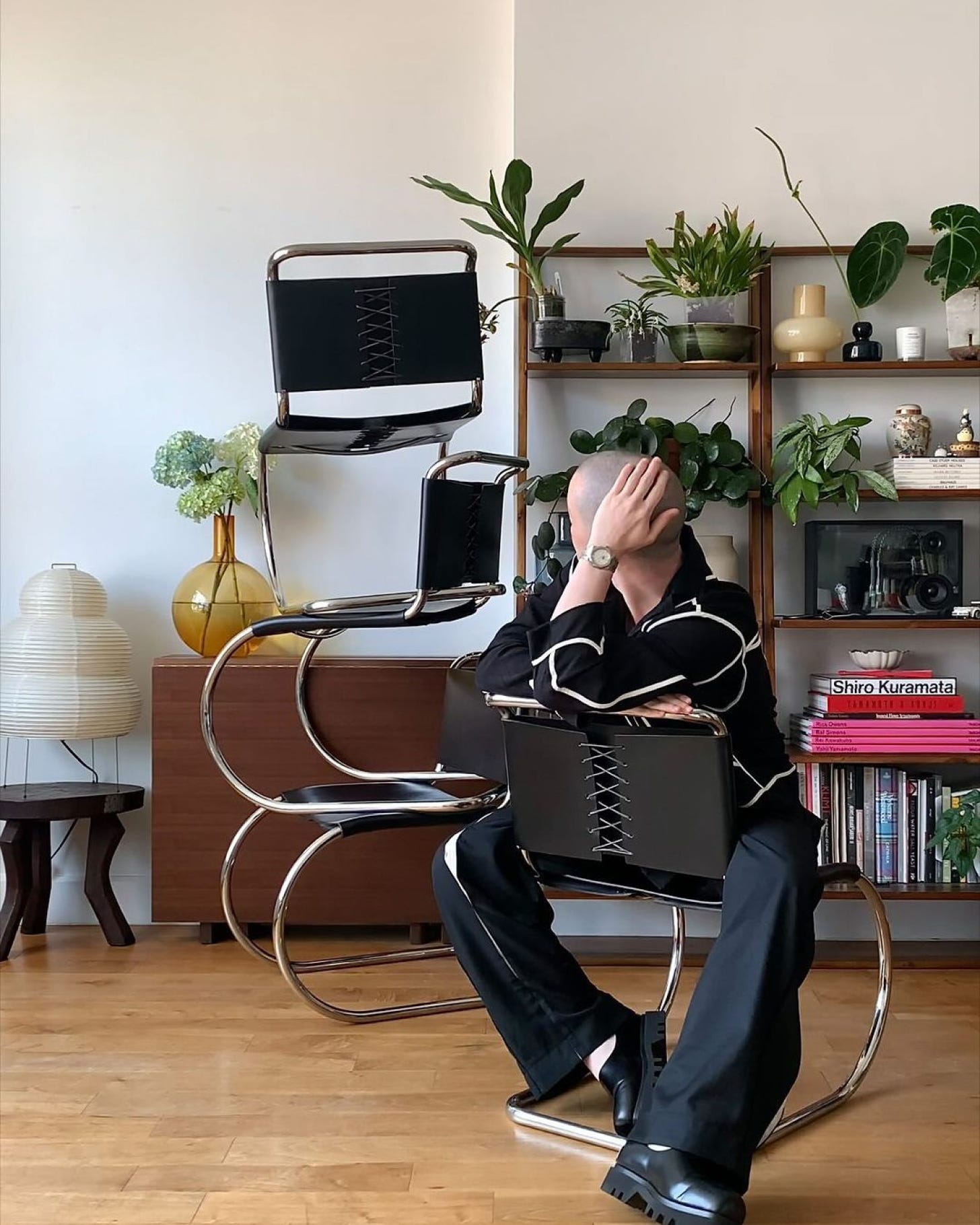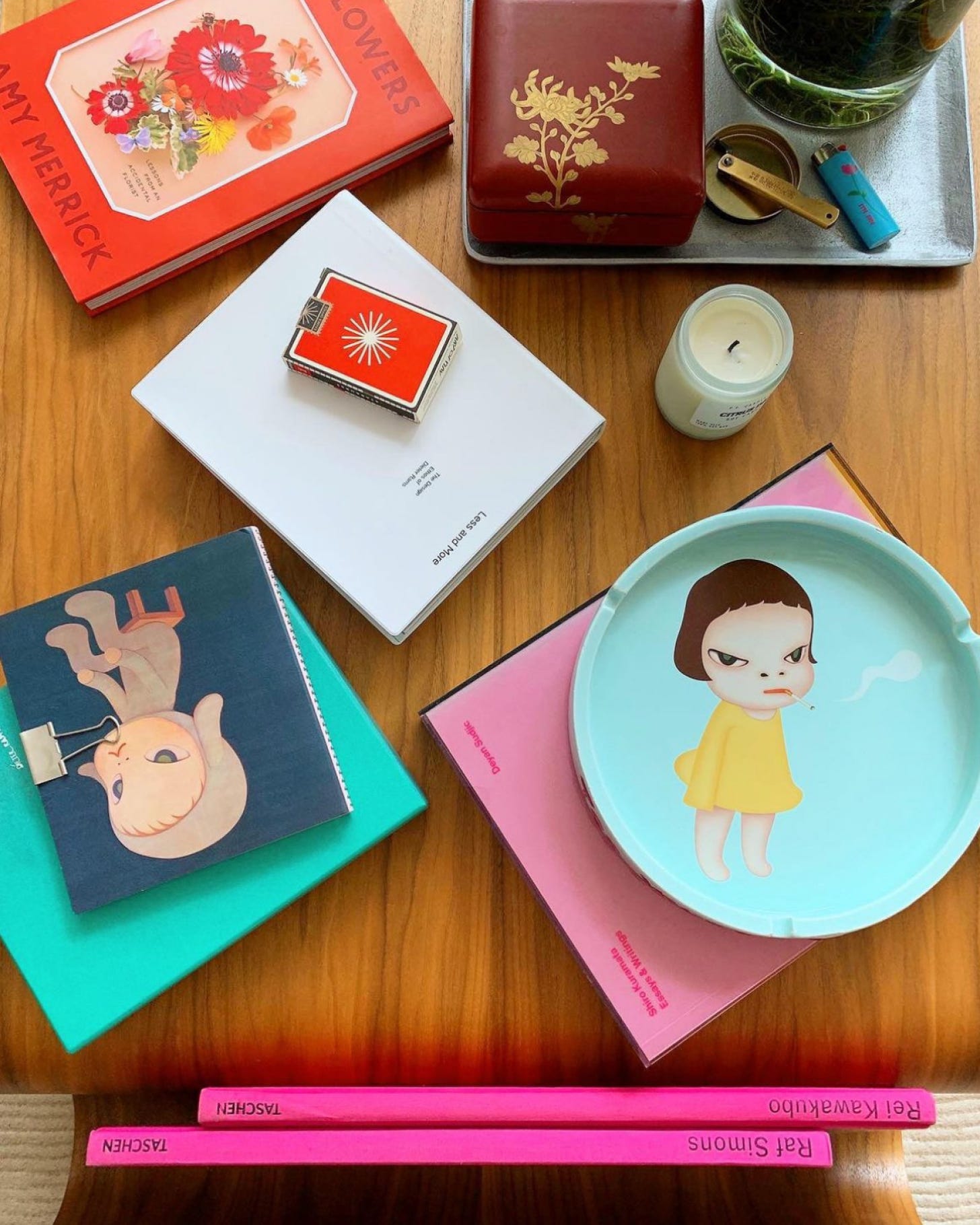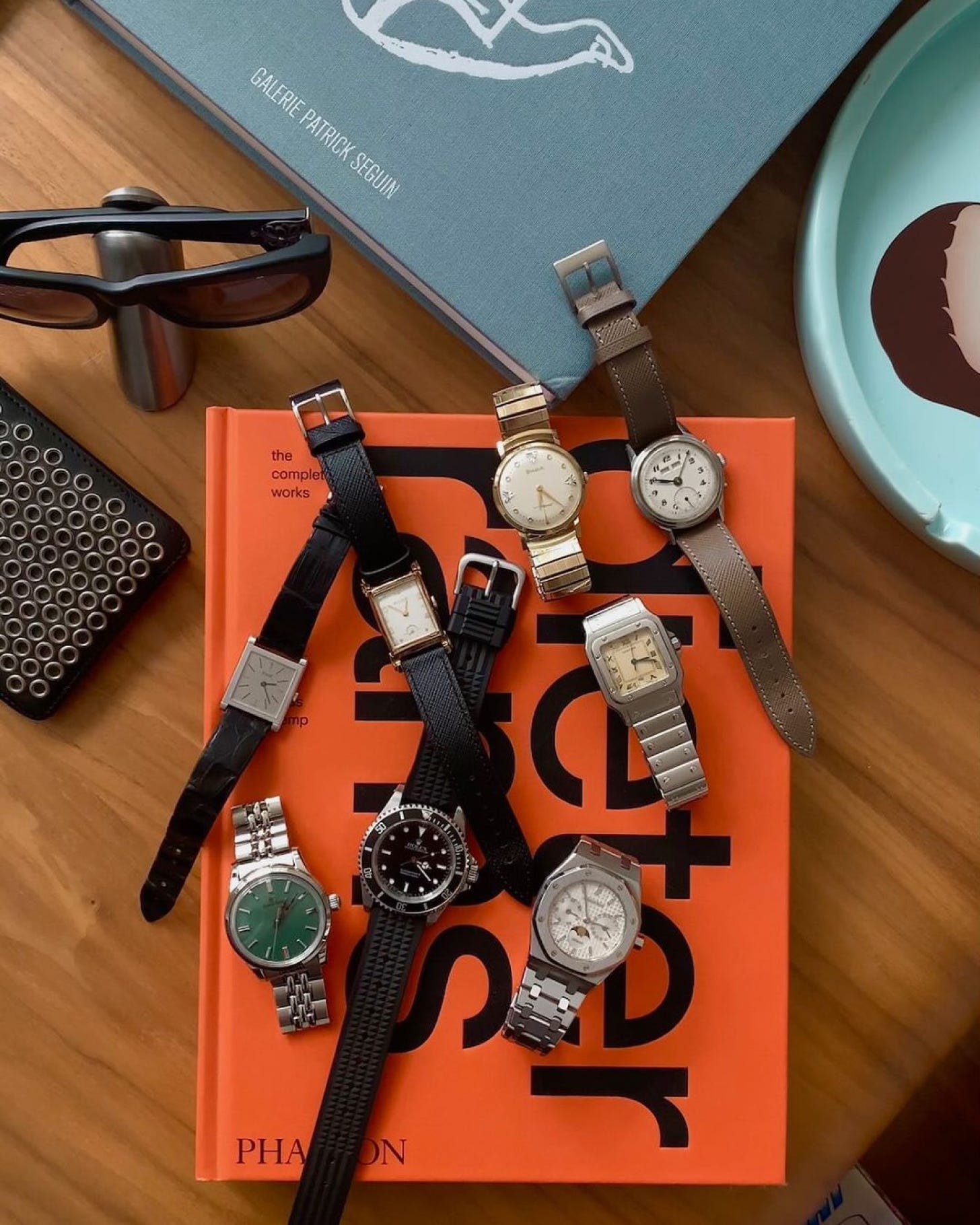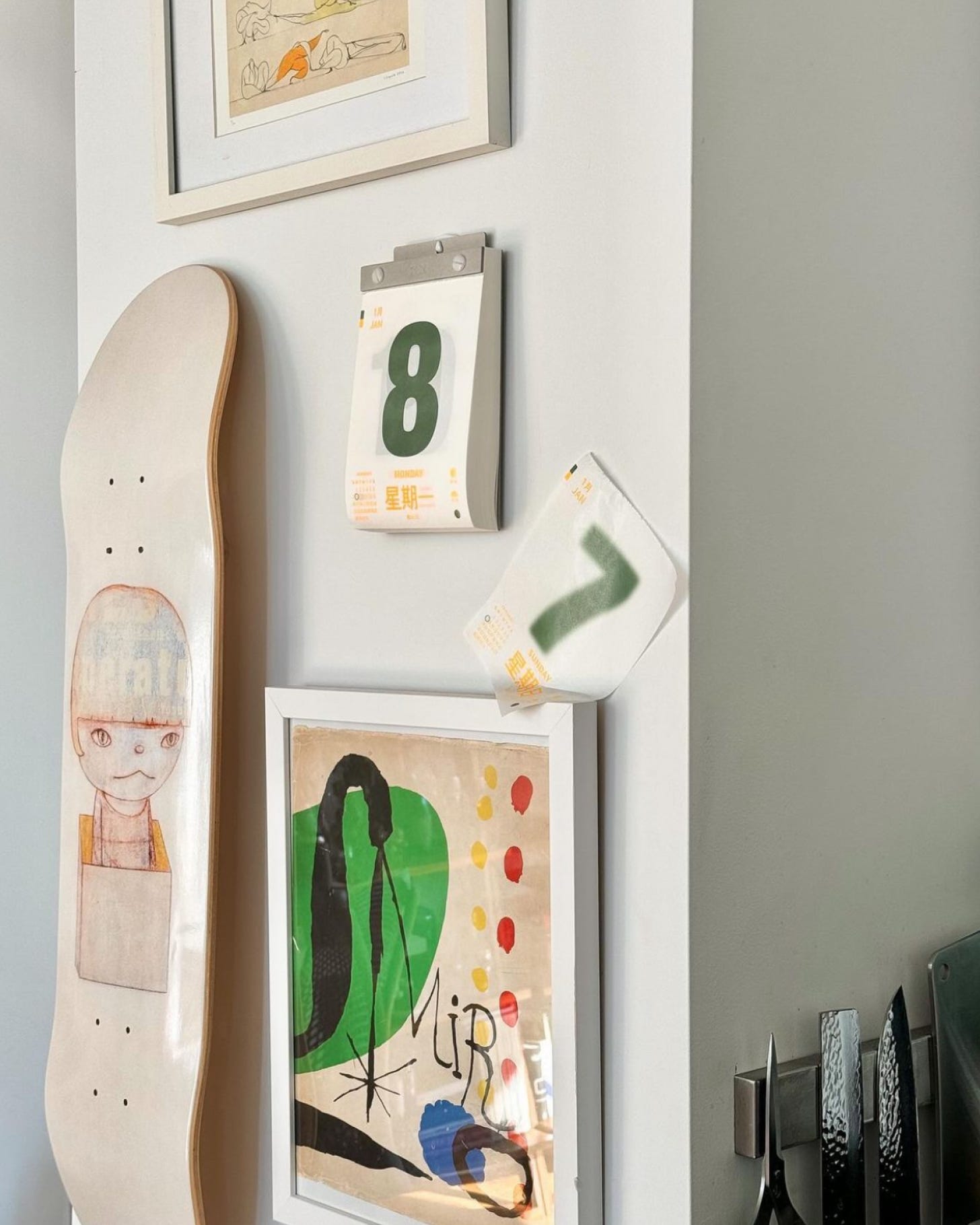Interview with design enthusiast Nick Lowry
Mies van der Rohe chairs, Yoshitomo Nara artwork, and more.
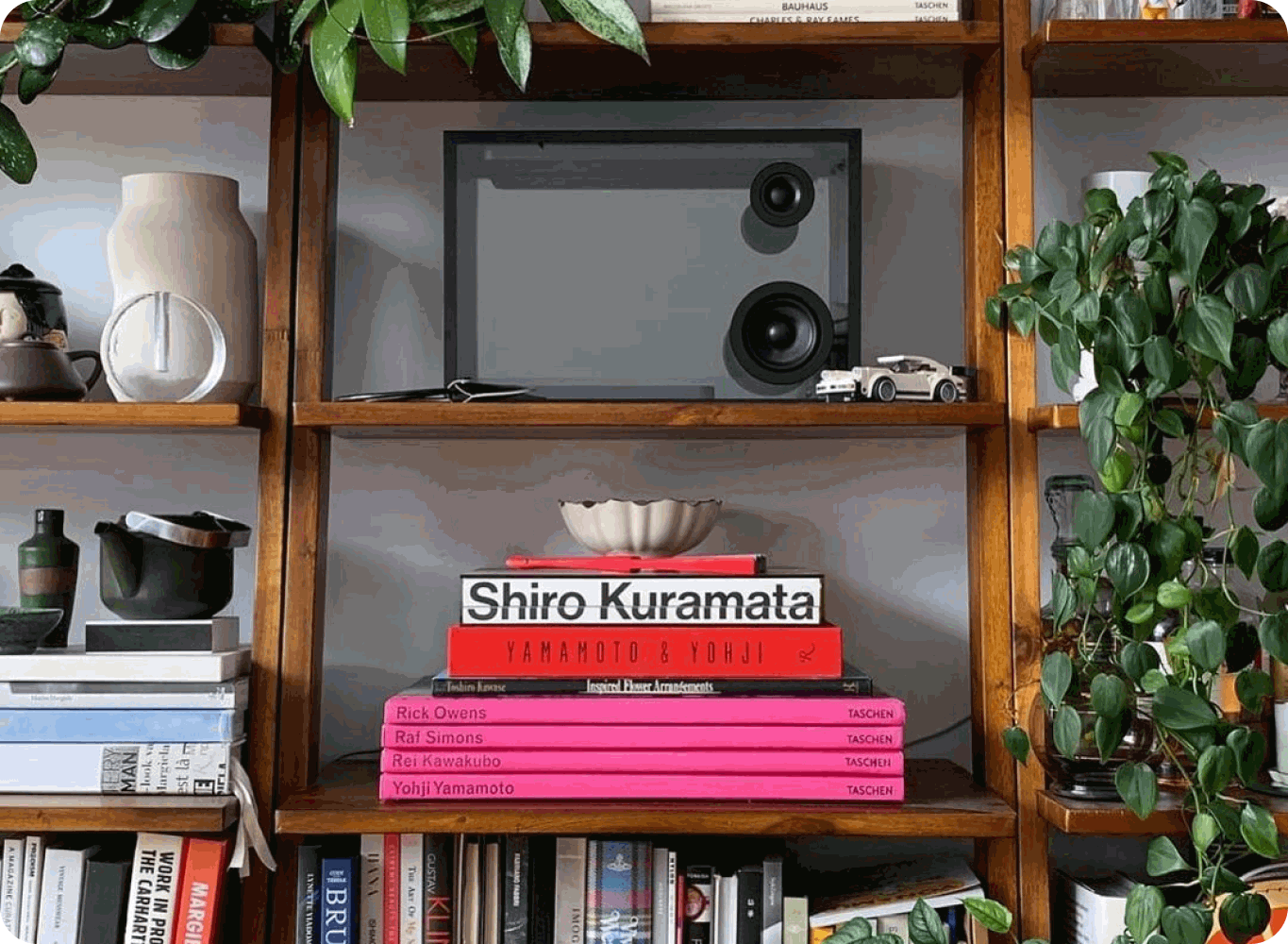
Browsing through Nick Lowry’s Instagram page just hits that sweet spot in your brain where you know you’re in the midst of good taste.
Everything in his home has been thoughtfully accumulated throughout the years. Vintage and contemporary pieces coexist in harmony, creating a unique and incredibly personal aesthetic that reflects Nick’s deep passion and knowledge for design.
He’s been able to grow a large community of design enthusiasts and aesthetes alike, by creating content around his home, hobbies and lifestyle.
We chat with him about the subjective nature of 'good taste,' transformative moments in his design journey, and the creative process behind his content.
What does "good taste" mean or look like to you?
I think "good taste" is usually used extremely subjectively, which is wrong. What I like may not be what others like - and that's fine - but I think you can still tell if someone has good taste if it looks as though it was collected or has been curated through an informed lens or discerning eye and is fueled by passion and is usually very specific.
Good taste is something personal and well-developed that you've naturally collected or enjoyed over time which feels true to you.
Whereas bad taste is typically generic, non-specific, and sterile - it tells you nothing about the person.
Can you recount an experience or pivotal moment that significantly elevated or transformed your taste?
It's always a work in progress, my taste has and continues to change all the time. Taste is a bit like a muscle that you have to work on and it operates on a sliding scale rather than being defined by black-and-white boxes of things being objectively good or bad.
It's hard to think of any specific moments, but I think I can define chapters based on when I came across something and started to go further down a rabbit hole when it comes to research. Such as coming across Mies van der Rohe's work during high school and fell in love with pieces from both the Bauhaus movement and later modernist periods that had similar design principles. Finding lesser-known variants/references of watches that I loved which led to similar rabbit holes.
What drives your creative process and how do you navigate periods of inspiration and stagnation?
With content, my goal is always to provide value and questioning what is being given to the viewer?... is it knowledge, inspiration, entertainment, etc.?
For me, I always try to provide value by showcasing things we collect, hobbies we do or enjoy, and answering or explaining what they are in the bigger picture of our lives or the category they're in.
It's really hard to come up with "good" ideas. For video content I have a list that I add concepts, shooting angles, transitions, etc. too and when I'm going about creating content I lean on it.
Some ideas on the list are creative and other are "work" that have been on my list for ages that would likely perform well but are not the most fulfilling to create.
I think being cognizant about if something you're creating is work or a true creative outlet is something that has been great for me to keep moving forward.
In what ways do your personal experiences as a collector and background in design shape your creations?
It's everything. I try not to be the center of attention in my content and instead I try to have everything be object or "taste"-forward rather than personality-driven.
I want to showcase the "thing" that I'm talking about and discussing through my own lens and experiences without making it about me, similar to if I was talking to a friend or acquaintance who asked about something in our home and wanted to know more than "where you got it from".
What's a piece of advice you've received that has profoundly impacted your approach to creativity?
It typically isn’t aimed at being creative, but the concept of just releasing something before it's "done".
Nothing is ever really finished or complete if you're passionate about it. You see it a lot in companies, a start-up will ship an unfinished product that they've been working on for months rather than waiting an extra few weeks for it to be "perfect".
This way you get it in front of real people and know if it works or not. If people like it you can ideate on it further and improve it through future versions - and if it doesn't work you can choose to scrap it or approach it from a different lens. This process lets you move a lot faster at creating things and improve quickly.
There's countless ideas that I couldn't (and can't) execute on to my ideal standards or how I pictured them in my head, but by getting it 70% of the way there and releasing them (not incomplete, but unpolished) lets you improve through iterative feedback and make more things that being stuck in decision paralysis or making minor incremental improvements towards "perfection"
